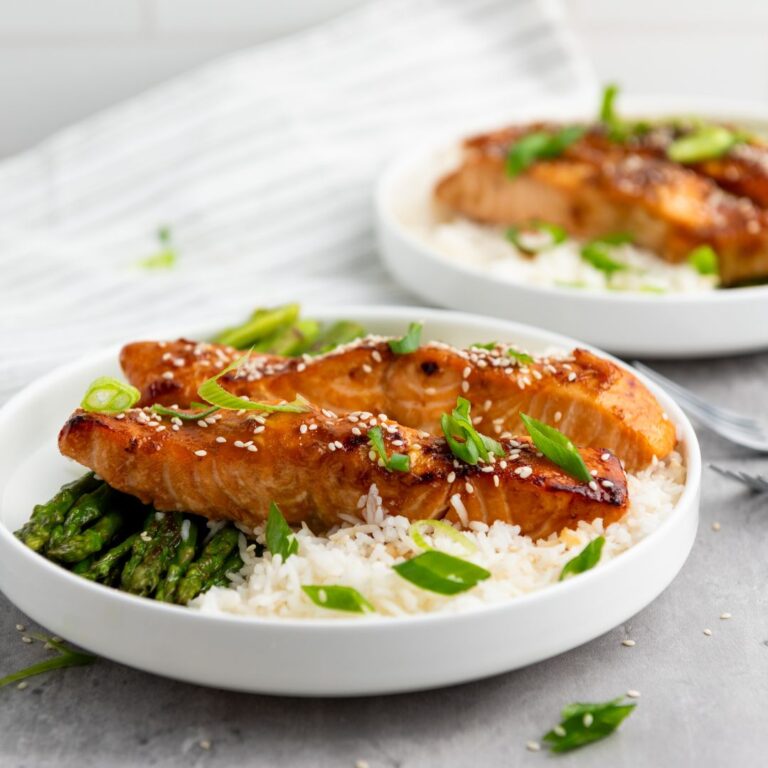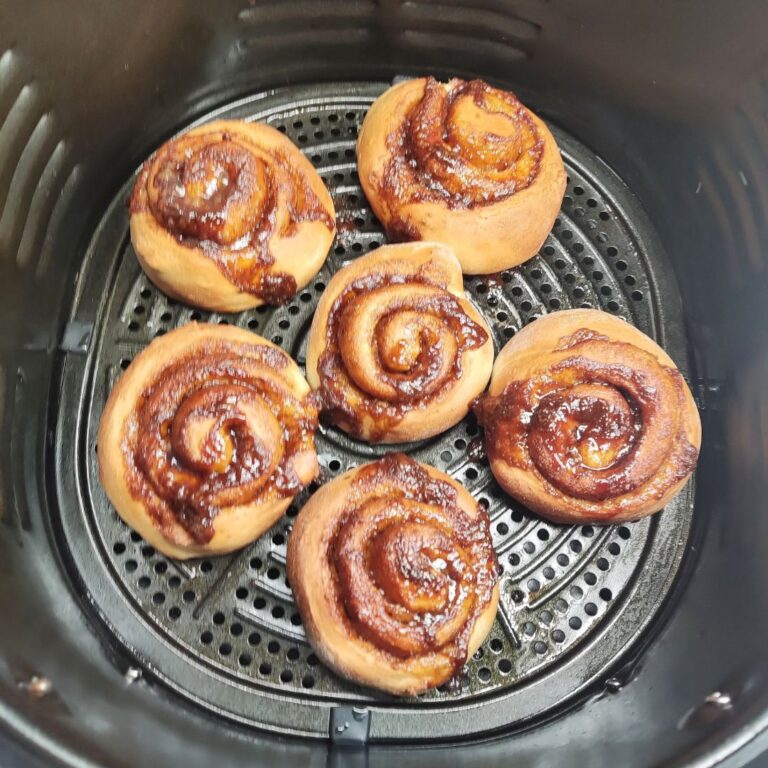Air fryers have become a popular kitchen appliance for their ability to cook food with less oil and still deliver that crispy crunch we all love. But with this innovative technology, you might be wondering if air fryers consume a lot of electricity. After all, it’s important to be mindful of your energy consumption and the potential effect it can have on your electricity bills.
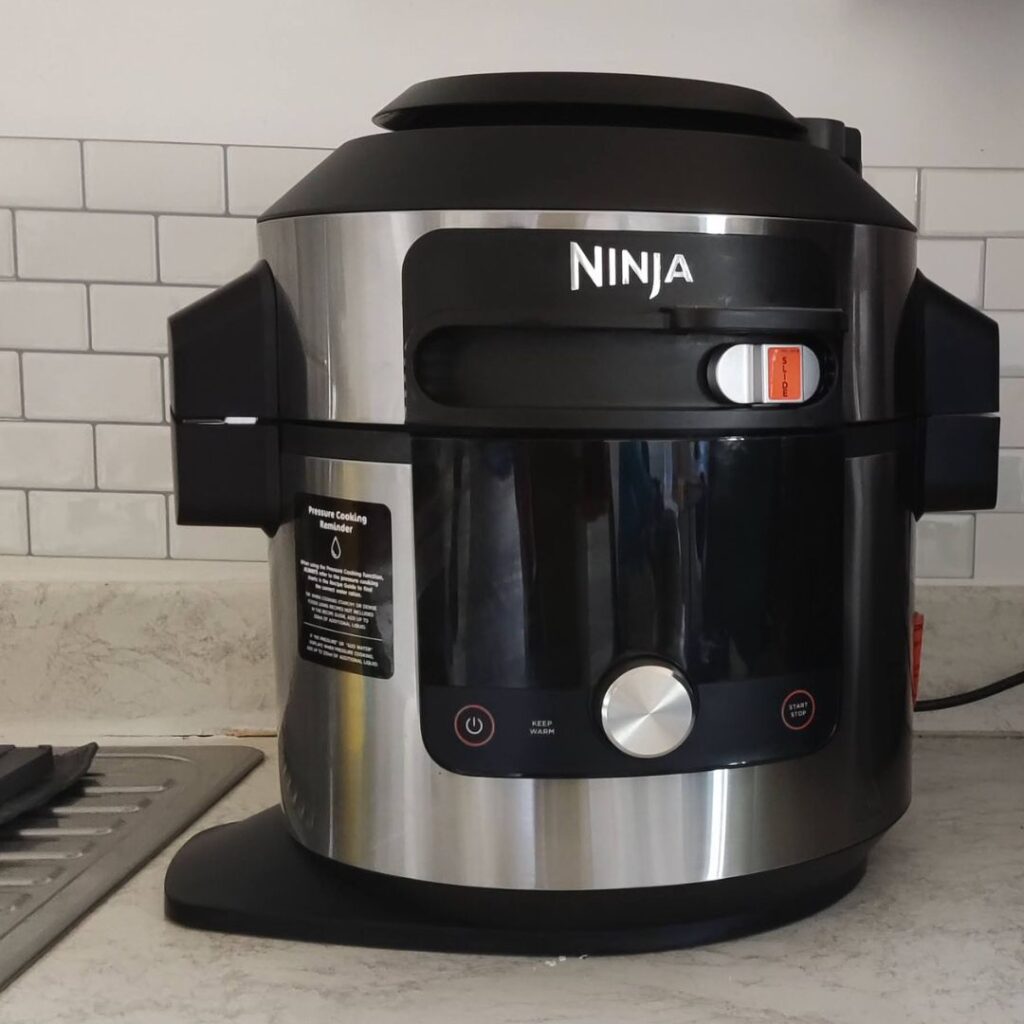
The good news is that air fryers don’t use an excessive amount of electricity, especially when compared to traditional cooking methods like ovens. They preheat quickly and utilize convection airflow to cook food more efficiently, using between 1,000-1,200 watts for smaller models and 1,700 watts for larger units. So, while air fryers are indeed powerful, they’re also surprisingly energy-efficient and a cost-effective addition to your kitchen.
Air Fryers and Energy Consumption
Electricity Usage
An important aspect to consider when using air fryers is their electricity usage. In general, air fryers consume between 1000 and 1700 watts, depending on their size and type. Small air fryers may use as little as 700 watts, while larger models can require more power.
The amount of electricity an air fryer uses also depends on the duration of your cooking sessions. For example, cooking french fries for 15 minutes in an air fryer with a 1400-watt power rating would consume approximately 0.35 kWh (kilowatt-hours) of electricity.
Power Rating
The power rating of an air fryer is essential to understand, as it directly impacts energy consumption. It’s measured in watts and indicates the amount of power the appliance requires to operate. As mentioned earlier, air fryers typically have power ratings between 1000 and 1700 watts. When selecting an air fryer, consider your cooking needs and the size of the appliance to make an informed decision.
Energy Costs
Understanding the energy costs associated with using an air fryer can help you gauge its impact on your electricity bill. To calculate the approximate cost, multiply the air fryer’s wattage by the number of hours you use the appliance, then divide by 1000 to obtain the kWh consumed. Finally, multiply this value by your electricity rate (in cents per kWh) to estimate the cost per usage.
For instance, if your air fryer has a 1400-watt power rating and you use it for 1 hour, it would consume 1.4 kWh. If your electricity rate is 15 cents per kWh, the cost would be around 21 cents for that hour of usage.
Energy Efficiency Compared to Traditional Ovens
Air fryers can be more energy efficient, than traditional ovens due to their compact size and convection technology. Unlike ovens that require preheating, air fryers can start cooking food immediately, saving time and electricity. The hot air circulating within an air fryer also cooks food faster, reducing overall energy consumption.
In comparison, a traditional oven consumes more energy due to its larger size and longer cooking times. Additionally, ovens rely on radiant heat, which can be less efficient than the convection heating of air fryers. By opting for an air fryer, you may benefit from energy savings and potentially lower electricity bills.
Comparing Types of Air Fryers
In this section, we will discuss the power consumption and energy usage of popular air fryer brands, including Ninja, Gowise, Philips, and Cosori.
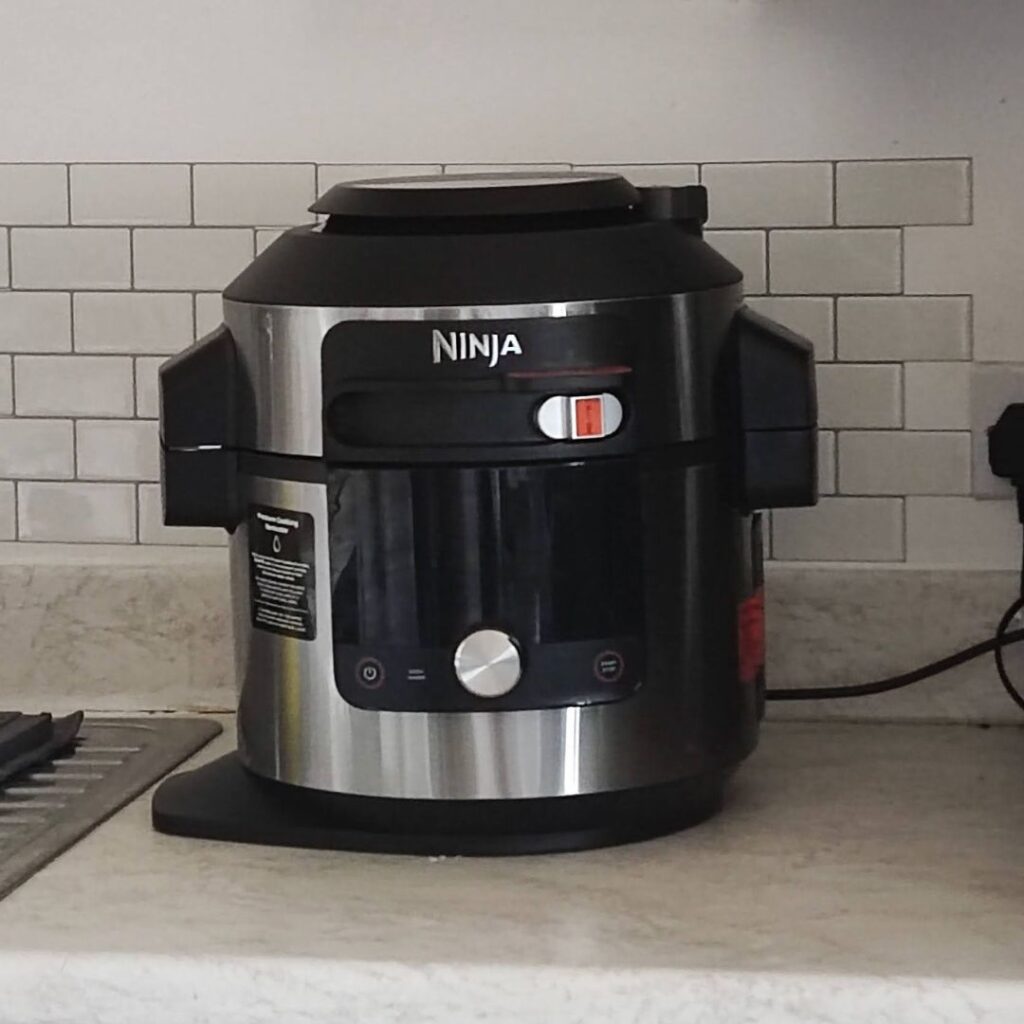
Ninja
Ninja air fryers have gained popularity for their healthy cooking options that use less oil. These air fryers often have a power consumption of around 1400 to 1700 watts, similar to other air fryers in the market. The convection oven technology saves electricity compared to a traditional oven. With its versatile cooking options, you may find it a worthy investment for your kitchen.
Gowise
Gowise air fryers provide a variety of cooking functions, and despite their versatility, they are also energy-efficient. By using circulating hot air with little to no oil, these appliances can reduce your overall electricity bill. Typically, they have a power consumption of 1500 watts per hour. Aside from being energy-efficient, Gowise air fryers are also easy to clean, making them a low-maintenance choice for your kitchen.
Philips
Philips air fryers offer a user-friendly experience and utilize Rapid Air Technology to provide even cooking with minimal preheat time. They usually require 1400 to 1700 watts of power, depending on the model. Compared to a conventional oven, they are more economical in terms of electricity consumption. The temperature control and settings make them ideal for a variety of cooking needs, including larger families who may need to cook multiple dishes at once.
Cosori
Cosori air fryers are celebrated for their modern design and easy-to-use interface. While they have a power requirement similar to other brands, around 1500 to 1700 watts, their energy consumption is lower, thanks to the efficient heating element and short preheat times. They are a great option if you’re looking to minimize your electricity cost and still enjoy healthier, delicious meals.
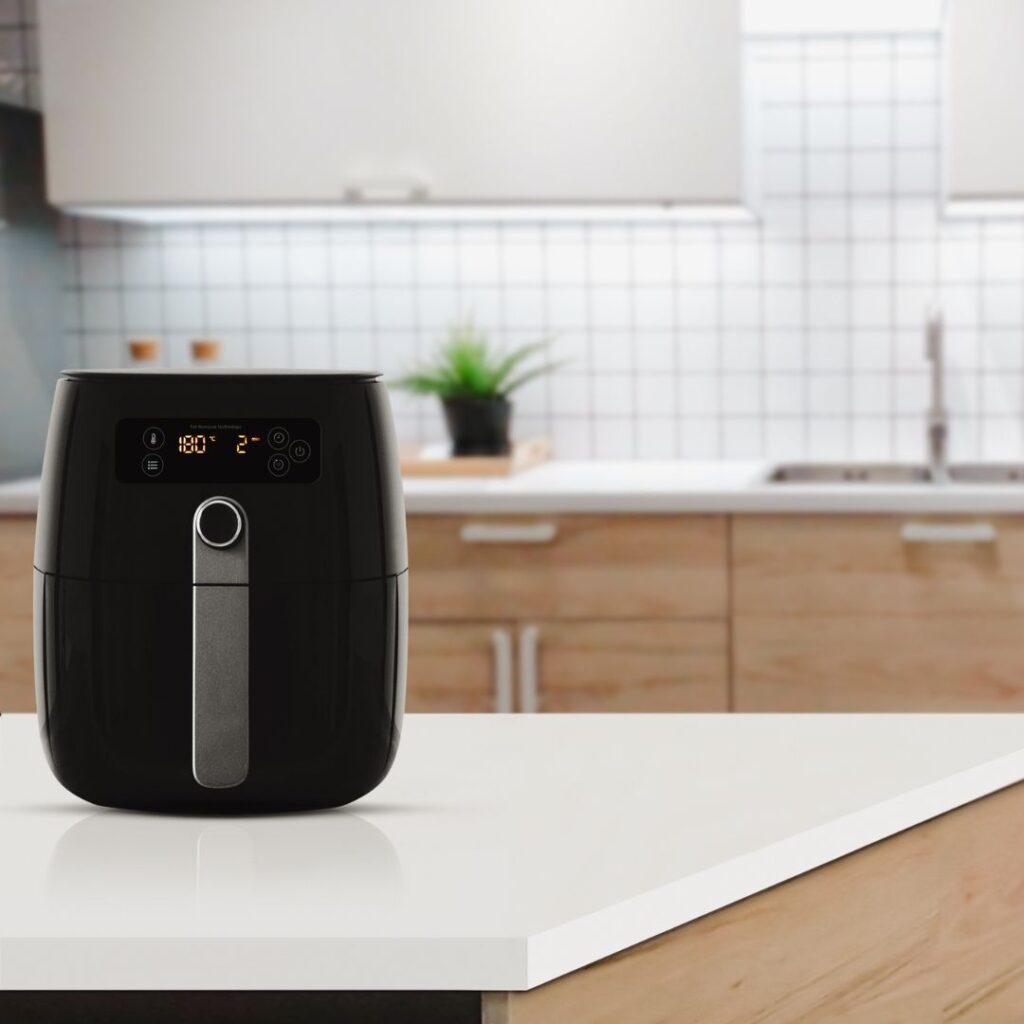
Factors to Consider
When evaluating whether air fryers use a lot of electricity, there are several factors you should consider.
Size Requirement
First, consider the size of the air fryer and the wattage it requires. The wattage of an air fryer can range from 800 to 1800 watts, depending on the model, size, and features. A larger air fryer will consume more electricity due to its higher power requirement. Keep in mind the size of your family and the quantity of food you will be cooking to find the most suitable option for your needs.
Cooking Time and Preheating
Air fryers use circulating hot air to cook food, which can lead to faster cooking times compared to traditional ovens. This may help reduce the total electricity usage. However, the actual electricity consumed depends on the wattage and the duration of use. Preheating can also affect energy consumption. Some air fryers may require less preheating time than a traditional oven, which could help lower your energy bill.
Maintenance and Cleaning
Air fryers are generally easy to clean, as many models come with dishwasher-safe or non-stick components. However, regular maintenance and cleaning are essential to ensure the heating element operates efficiently. A well-maintained air fryer can use electricity more effectively and extend its lifespan, providing better value for your investment.
Investment and Worth It
Consider the initial cost of the air fryer and the long-term electricity consumption. Compare the potential increase in your electricity bills to the benefits offered by the air fryer, such as faster cooking times and healthier food options. Analyze the temperature control feature; the better the ability to adjust temperature settings, the more efficient your air fryer will be in reducing energy usage. Ultimately, determine if the convenience, health benefits, and potential energy savings make the air fryer a worthwhile investment for you.
FAQ about Air Fryers and Use of Electricity
Electricity usage: Air fryer vs Oven
Air fryers consume significantly less electricity compared to conventional ovens. In fact, they use approximately 60% less energy than ovens. This makes air fryers an energy-efficient choice when it comes to cooking your favorite meals.
Air fryer vs Microwave
When comparing an air fryer to a microwave, air fryers generally consume more electricity. However, the cooking results and taste can be quite different. While microwaves heat food quickly and efficiently, air fryers use hot air circulation to cook food, resulting in a crispy and delicious texture that microwaves can’t achieve.
Health benefits of air fryers
One of the main health benefits of using an air fryer is its ability to cook food with little to no oil. This results in meals that are lower in fat compared to deep-fried dishes, making it a healthier option for you and your family. Additionally, air frying retains more nutrients in your food compared to boiling or frying.
Calculating power consumption
To calculate the power consumption of your air fryer, you can multiply its wattage by the cooking time and then by your electricity rate per kilowatt-hour. For instance, if your air fryer has a wattage of 1400 watts and you use it for an hour with an electricity rate of 12 cents per kilowatt-hour, it would cost around 17 cents for that cooking session.
Air fryer vs Electric oven
In terms of energy consumption, air fryers use considerably less electricity than electric ovens. They typically consume 70% less energy than traditional electric ovens, making them a more cost-effective choice for regular cooking.
Air fryer vs Gas oven cost
While gas ovens have relatively low running costs, air fryers still hold an advantage in terms of electricity consumption. Compared to gas ovens, air fryers are more energy-efficient and can save you money on your energy bills in the long run, especially if you use them frequently for cooking various meals.

